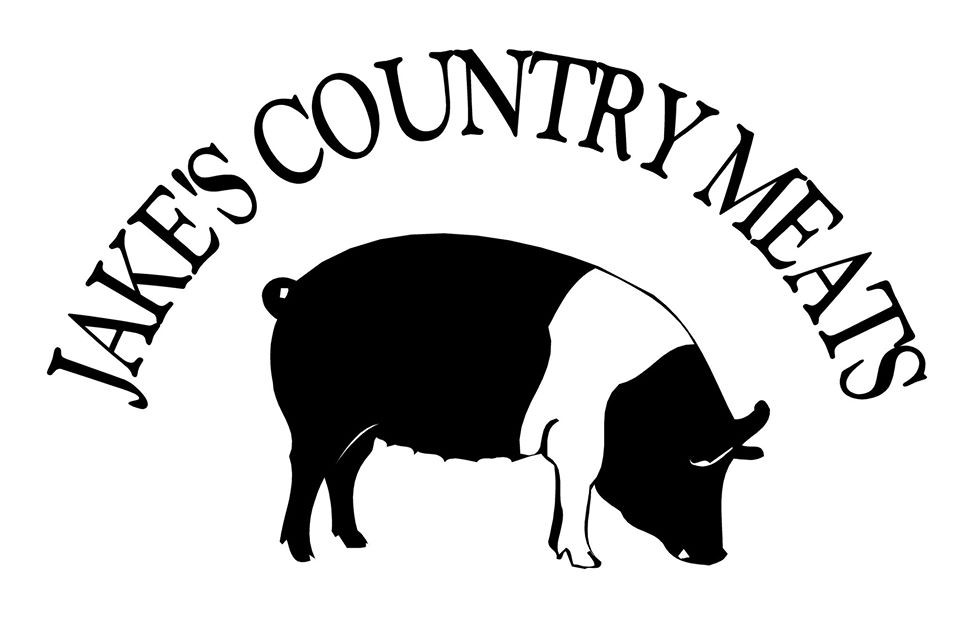The Future is Cooperative
posted on
October 18, 2024
The Future is Cooperative: Food Co-ops and Their Role in the Local Food System
October is National Co-op Month. This year’s theme, “The Future is Cooperative,” is a reminder that co-ops are not only stores or buying clubs—they are community-powered organizations that prioritize local connections, education, and sustainable food systems.
Over the years we’ve experienced firsthand the power of food co-ops, stores that are owned and operated by their members. We partner with multiple co-ops in the region, and more are on the horizon. Each co-op purchases a unique set of products from our farm that suit and serve their community best. We serve the co-ops through weekly deliveries, and connect often through personal meetings, farm tours, and informative newsletters.
The Dill Pickle Co-op in Logan Square, IL and the Purple Porch Co-op in South Bend, IN were two of our first co-op connections made over 15 years ago. Each co-op we work with has grown exponentially since their first days of creation, from kindling ideas and organized meetings to fully staffed and functional buildings open 7 days a week.
You can find a full list of our retail connections including the community food co-ops here: https://jakescountrymeats.com/...
Why We Work with Co-ops
What makes food co-ops stand out to us is their personal investment. Managers and buyers in co-ops take a level of ownership in their roles. They get to know us as farmers, learn about our practices, and understand why we raise animals the way we do. That knowledge is passed onto their customers, building a deeper connection to the food on their shelves.
We welcome co-op buyers to the farm, to see firsthand what we do as farmers, and to encourage connections with other co-op members around the region. These direct relationships help maintain the integrity of the story behind the food we produce, and builds a resilient food supply.
We are able to see how co-ops act as educators, helping consumers understand the value of sustainable, pasture-raised meats and local wild-caught fish. Food co-ops host events, publish newsletters, and lead discussions that empower their communities to make informed choices. This commitment to education doesn’t just benefit consumers—it strengthens the local food system as a whole by ensuring people know where their food comes from and why it matters.

The History of Cooperation
The cooperative movement has deep roots in farming. Going back to colonial times, American farmers began banding together to help each other. Whether through co-ops for buying essential supplies like feed or seeds, or marketing co-ops to sell goods at better prices, these early efforts were all about working together for mutual benefit. They provided essential services, like processing cheese or storing grain, that a single farmer might struggle to do alone.
That same spirit of cooperation is still alive today with food co-ops, and have evolved into educational hubs to bridge the gap between local farmers and the people who love fresh, wholesome food.
Building the Future, Together
Looking ahead, co-ops are positioned to play an even bigger role in the future of farming. As more people become invested in the sustainability of their food, co-ops are rising to meet the demand for transparency and local sourcing. There are more food co-ops opening in our area within the next two years, and we couldn’t be more excited to expand our relationships with these community-owned businesses.
By working with food co-ops, we’re building partnerships that support local farmers, educate consumers, and strengthen the connection between people and the land.



